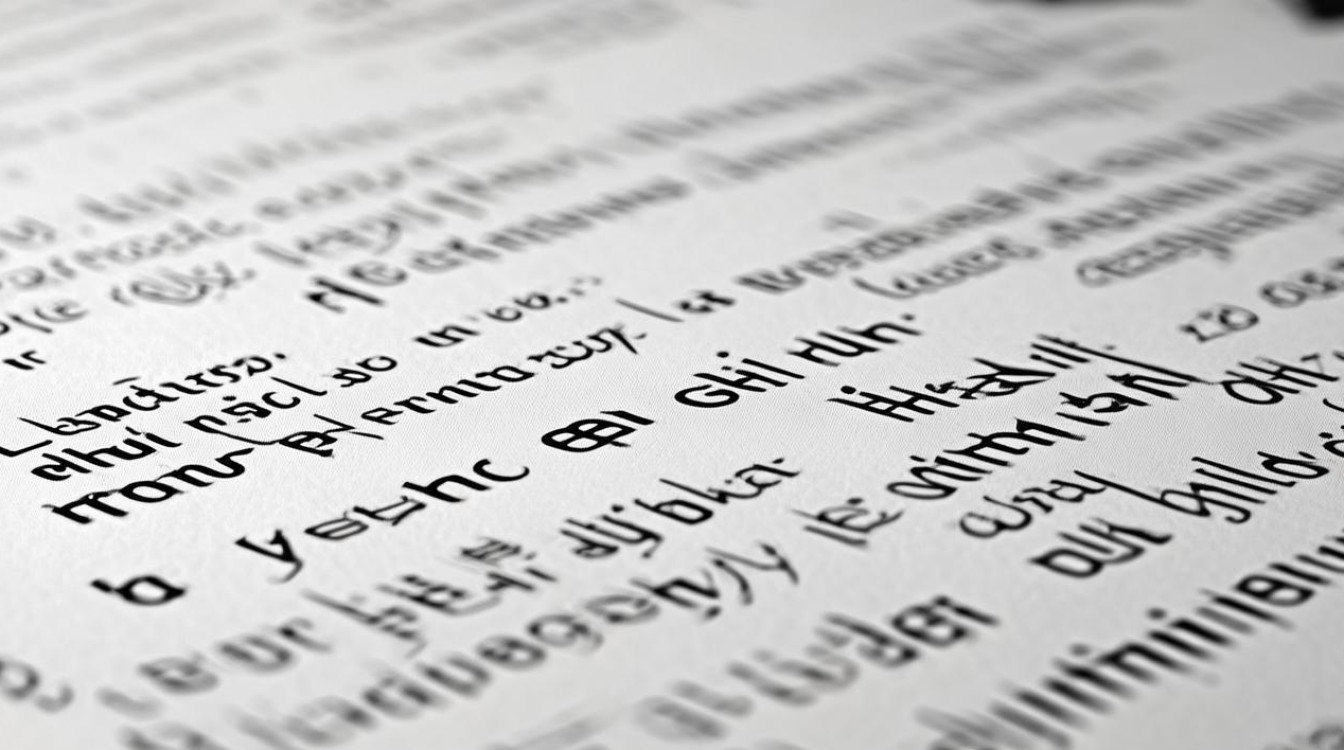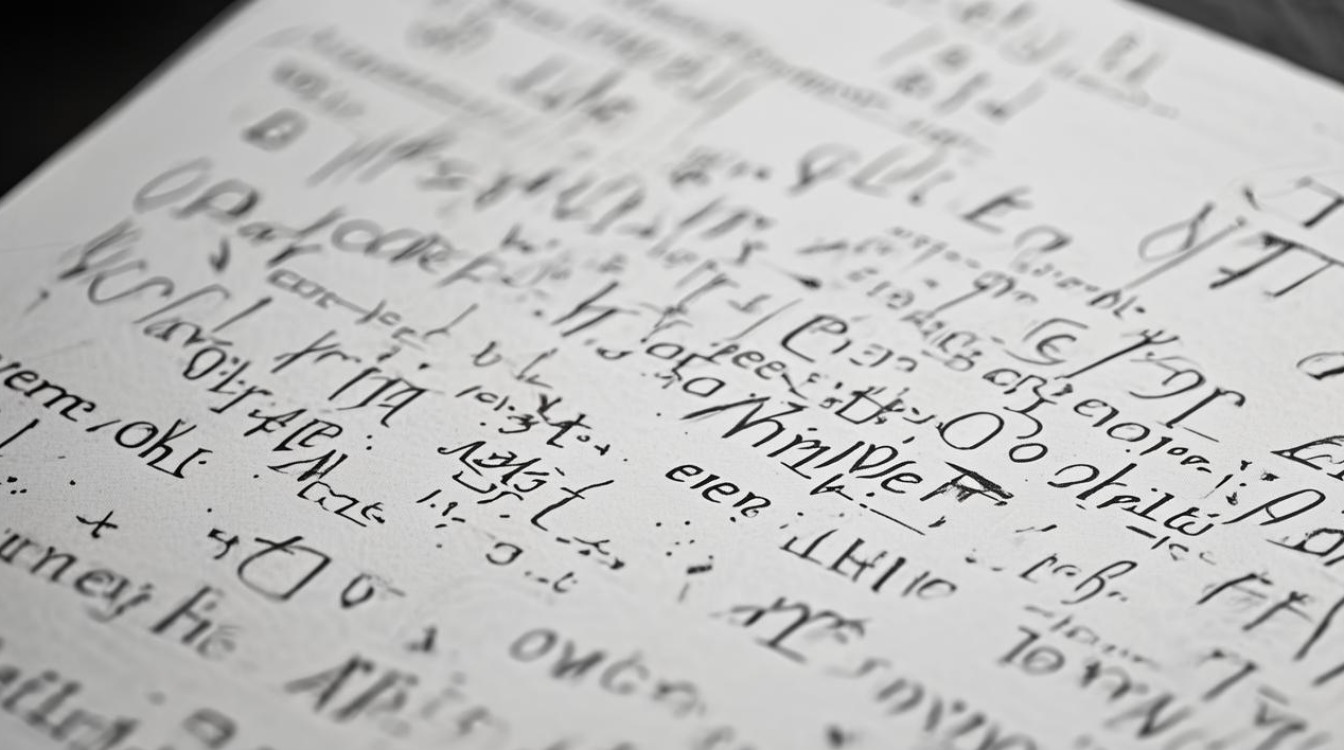高中英语学习过程中,词汇积累是提升阅读、写作和听力的基础,掌握高频核心词汇不仅能帮助学生在考试中取得高分,还能为未来的英语应用打下坚实基础,以下是高中阶段必须掌握的重点词汇表,按照常见考试场景分类整理,方便学生系统学习。

高频基础词汇
这些词汇在各类题型中频繁出现,是理解句子和文章的关键。
-
analyze(分析)
- Scientists analyze data to find patterns.
- 同义词:examine, study
-
benefit(益处)
- Regular exercise has many health benefits.
- 反义词:disadvantage
-
conclude(得出结论)
- The research concluded that sleep is essential.
- 搭配:draw a conclusion
-
demonstrate(证明)
- The experiment demonstrated the theory.
- 近义词:prove
-
essential(必要的)
- Water is essential for life.
- 同义词:crucial, vital
学术类词汇
这类词汇在阅读理解、完形填空中常见,尤其涉及科技、社会、历史等主题。
-
environment(环境)
- Pollution harms the environment.
- 相关词:ecosystem, sustainability
-
global(全球的)
- Climate change is a global issue.
- 搭配:global economy
-
impact(影响)
- Social media has a huge impact on society.
- 近义词:effect, influence
-
method(方法)
- Scientists use different methods to test theories.
- 同义词:approach, technique
-
significant(重要的)
- The discovery was significant for medicine.
- 反义词:insignificant
情感与态度词汇
在完形填空和写作中,表达情感和观点的词汇至关重要。
-
admire(钦佩)
- I admire her courage.
- 反义词:despise
-
disappoint(使失望)
- The result disappointed the team.
- 名词形式:disappointment
-
frustrate(使沮丧)
- Lack of progress can frustrate students.
- 形容词:frustrated
-
optimistic(乐观的)

- She remains optimistic about the future.
- 反义词:pessimistic
-
satisfy(使满意)
- The service satisfied the customers.
- 名词:satisfaction
动词短语与固定搭配
掌握常用短语能提升语言表达的流畅度。
-
account for(解释)
Can you account for your absence?
-
bring up(提出)
He brought up an interesting point.
-
carry out(执行)
The team carried out the plan successfully.
-
look into(调查)
The police will look into the case.
-
put off(推迟)
They decided to put off the meeting.
形容词与副词
精准使用形容词和副词能让表达更生动。
-
accurate(准确的)
- The report must be accurate.
- 反义词:inaccurate
-
brief(简短的)
- Please give a brief summary.
- 同义词:concise
-
efficient(高效的)
- The new system is more efficient.
- 反义词:inefficient
-
gradually(逐渐地)

- The temperature rises gradually.
- 同义词:slowly
-
precisely(精确地)
The clock is precisely set.
连接词与过渡词
合理使用连接词能使文章逻辑清晰。
-
however(
She studied hard; however, she failed.
-
moreover(
The plan is risky; moreover, it’s expensive.
-
nevertheless(尽管如此)
It was raining; nevertheless, we went out.
-
therefore(
He was late; therefore, he missed the bus.
-
whereas(而)
She loves music, whereas he prefers sports.
易混淆词汇辨析
避免常见错误,提高词汇运用准确性。
-
affect vs. effect
- Affect(动词):Smoking affects health.
- Effect(名词):The effect of smoking is harmful.
-
accept vs. except
- Accept(接受):She accepted the offer.
- Except(除了):Everyone came except Tom.
-
complement vs. compliment

- Complement(补充):The wine complements the meal.
- Compliment(赞美):She gave him a compliment.
-
principal vs. principle
- Principal(校长/主要的):The principal announced the news.
- Principle(原则):He sticks to his principles.
-
stationary vs. stationery
- Stationary(静止的):The car remained stationary.
- Stationery(文具):She bought new stationery.
记忆技巧与应用建议
-
词根词缀法
如“bio-”表示“生命”:biology(生物学), biography(传记)。
-
语境记忆
通过例句理解单词,而非死记硬背。
-
定期复习
使用艾宾浩斯遗忘曲线安排复习时间。
-
实际应用
在写作和口语中主动使用新词汇。
-
多样化学习
结合阅读、听力、单词卡片等多种方式。
词汇学习是一个长期积累的过程,坚持每天学习10-15个单词,配合阅读和写作练习,效果会显著提升,这份词汇表涵盖高中阶段核心词汇,建议学生结合自身情况制定学习计划,逐步攻克难点。

